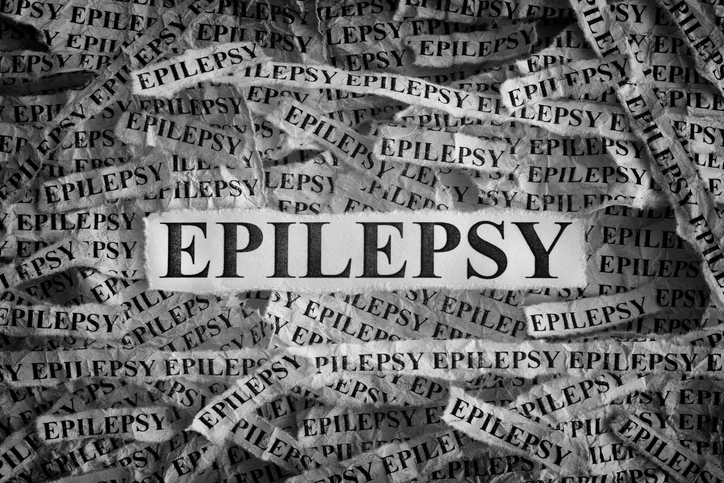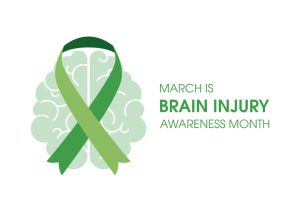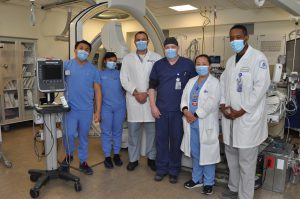 Foods that you’re allergic to can cause you to experience a variety of symptoms, including gas, bloating, nausea, or diarrhea. While these types of problems are rarely life-threatening allergic reactions, they can cause significant discomfort and disruption in your daily life. However, you may not know for certain which exact foods are causing these reactions. An elimination diet can help you identify them.
Foods that you’re allergic to can cause you to experience a variety of symptoms, including gas, bloating, nausea, or diarrhea. While these types of problems are rarely life-threatening allergic reactions, they can cause significant discomfort and disruption in your daily life. However, you may not know for certain which exact foods are causing these reactions. An elimination diet can help you identify them.
Elimination diets involve removing, then later re-adding, certain foods from your diet which are suspected to be the cause of allergic reactions. This diet is typically only maintained for a brief period of up to six weeks.
An elimination diet is typically divided into an “elimination” phase and a “reintroduction” phase. During the elimination phase, potential allergens are removed from your diet. These typically include foods such as:
- Nuts
- Seeds
- Legumes
- Dairy products
- Starchy foods
- Caffeinated drinks
- Spices
- Meat
- Fish
- Sugary products
- Certain fruits and vegetables
During the reintroduction phase, you once again start to eat each food group you’ve cut out of your diet. Each of these groups is individually re-introduced over the course of up to three days, providing adequate time to watch for potential symptoms.
Different versions of the elimination diet, such as the low-FODMAPs diet (which targets short-chain carbohydrates), only remove specific food groups. Alternatively, varieties such as the fasting elimination diet, which involves only drinking water for up to five days, may be more extreme than the standard version.
No matter which version of the elimination diet you plan to try, you should only do so under the supervision of a medical professional. The re-introduction of food allergens can potentially cause anaphylaxis, a severe reaction that causes airways to swell and restricts your breathing. Extreme varieties such as the fasting elimination diet can be especially dangerous to your health without the guidance of a doctor.
If you suspect you have a food allergy and plan to follow an elimination diet, schedule an appointment with a registered dietician at Jamaica Hospital Medical Center’s Outpatient Nutritional Services Department by calling (718) 206-7056.
All content of this newsletter is intended for general information purposes only and is not intended or implied to be a substitute for professional medical advice, diagnosis or treatment. Please consult a medical professional before adopting any of the suggestions on this page. You must never disregard professional medical advice or delay seeking medical treatment based upon any content of this newsletter. PROMPTLY CONSULT YOUR PHYSICIAN OR CALL 911 IF YOU BELIEVE YOU HAVE A MEDICAL EMERGENCY.








